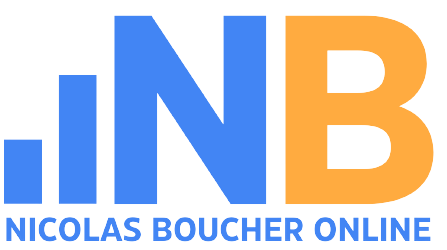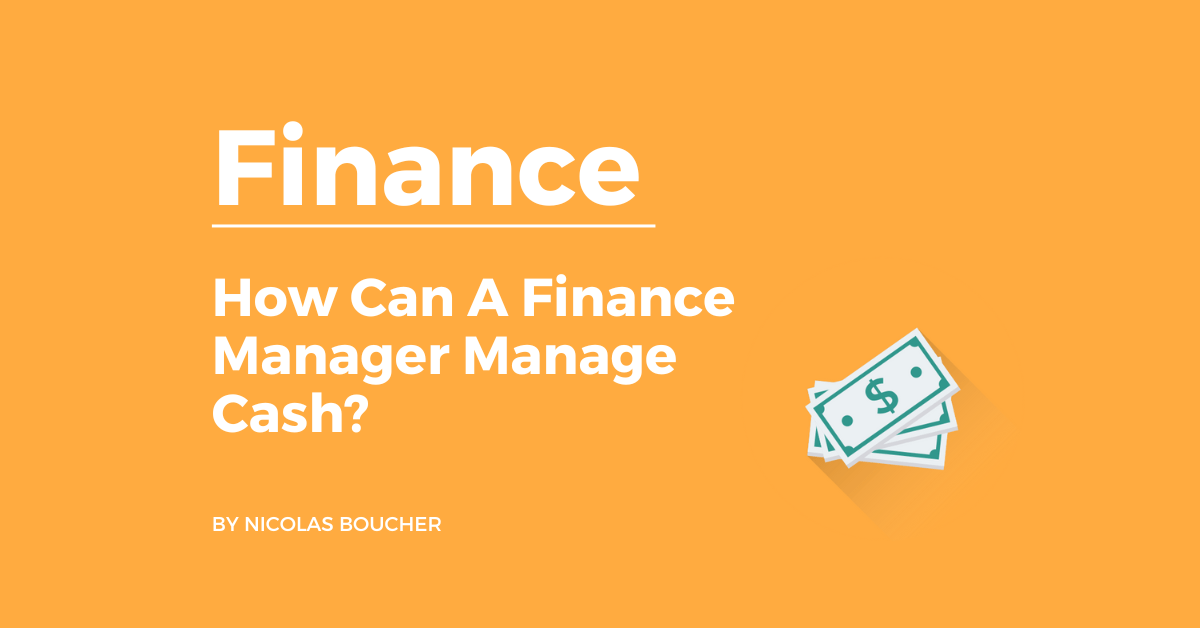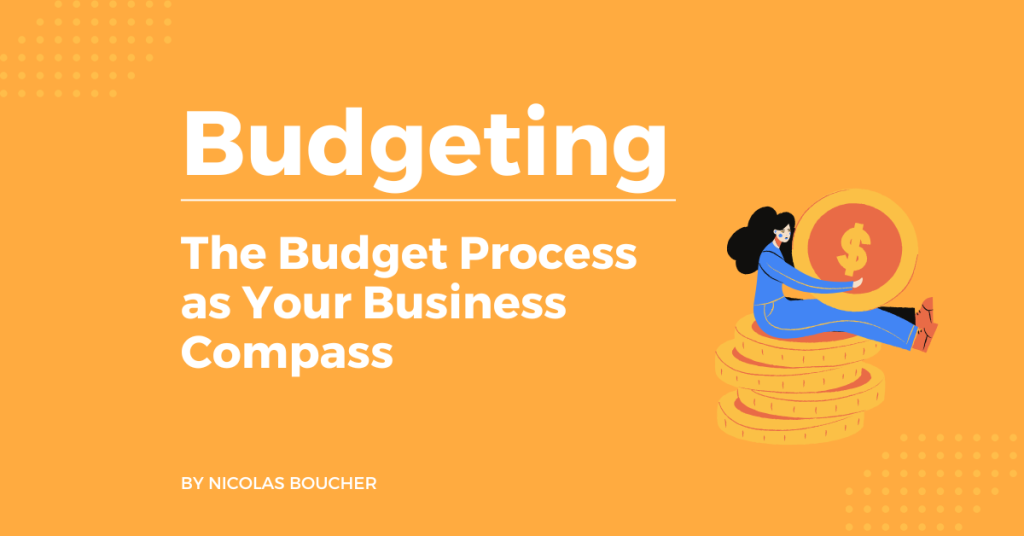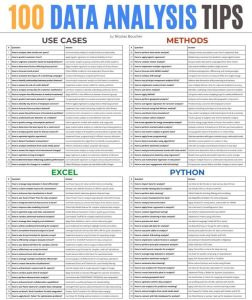Cash is King, but do you know your King? Today, I will explain to you what I learned about cash and what you can do to manage cash.
Like most Finance managers, I bring a specific focus on reaching my targets and report on how well (or bad) I do in comparison with these targets. Most of the financial KPIs are P&L-oriented.
Therefore, balance sheet items like inventory, receivables, and payables are not the first priority. However, they play a significant role in the evolution of your cash balance!
Also, this year I learned how to monitor a cash balance. Furthermore, how to plan the cash flows and which action plan you can implement to obtain results.
Table of Contents
How Can You Monitor Your Cash Balance?
You need to understand your cash flow. Therefore, from a theoretical point of view, you have two methods: the direct and the indirect methods. The direct method uses actual cash inflows and outflows from the company’s operations (think about looking at your bank statement).
On the other hand, the indirect method requires more accounting knowledge as it starts from the net income and involves different adjustments from P&L non-cash items and balance sheet movement with cash items.
As a financial manager, you need to understand and be comfortable with both methods. Most probably, the indirect method will be used for reporting as this is the one that has more consistency and can be mapped with the other types of reporting (P&L and Balance Sheet). Here you can improve your understanding of the indirect method for cash flow statements.
Above all, understanding the impact of the different components of your cash flow statement should be your priority in monitoring your cash balance. Also, as finance manager, it should be your responsibility.
How Can You Plan Your Cash Flows?
In theory, it is easy: plan your cash in and your cash out. However, in reality, this is more complex.
For cash-in, you need to use your revenue forecast combined with the payment conditions in place with your clients. If you are in an industry where there are advance and milestone payments not related to revenue, this brings another layer of complexity but can not be forgotten. Therefore, I recommend using the 80/20 rule and focusing on the main projects/clients to get a quick estimation of your cash-in.
Planning your Cash out can be easier thanks to the recurring costs having a monthly frequency with short payment terms (personal costs, utilities, recurring raw material). For non-recurring expenses, you need to focus on the biggest item and use the information from your procurement team to plan when a purchase order will be fulfilled and with which payment terms.
Finally, you need to be aware of exceptional events like financing or investing, which have significant impacts on your cash balance. Considering your role as finance manager, you need to involve yourself in these transactions or at least the significant ones.
Which Action Plan Can You Implement to Improve and Manage Cash?
Here is what you can implement.
- Communicate, explain, repeat
- Put it at the top of the management agenda
- Breakdown the action plans specific to each department:
- Sales: Improve payment terms with clients (negotiate down payments and short payment terms), accelerate the closing of deals
- Procurement: Avoid down payment and push the payment terms as far as possible
- Project: Compute and monitor the cash balance of each project
- Collection of overdue: Automate the dunning process and escalate significant issues to management and key accounts/project managers
- Inventory: Monitor the level of inventory against forecasted sales, reduce lead time, optimize stock buffer, reduce delays
- Finance: Automate reporting and improve understanding of cash flow statements. Also, bring transparency to management and key business partners, escalate collection issues, use factoring to accelerate cash payment from receivables
- Management: Translate cash objectives into the team and individual objectives and put cash in the management reviews agenda. Then, follow up cash as KPI, delay investments, and optimize the process between a cash milestone achievement and the issuance of the debit note to your client
The Bottom Line – It Is A Top Priority to Effectively Manage Cash
You can improve your financial management system, but it takes time and work. However, it will be worth it. Utilize these suggestions to estimate your financial requirements, hasten cash collections, and prevent taking out loans to run your organization.
Finally, you can learn about managing your cash and Finance by taking my course!















